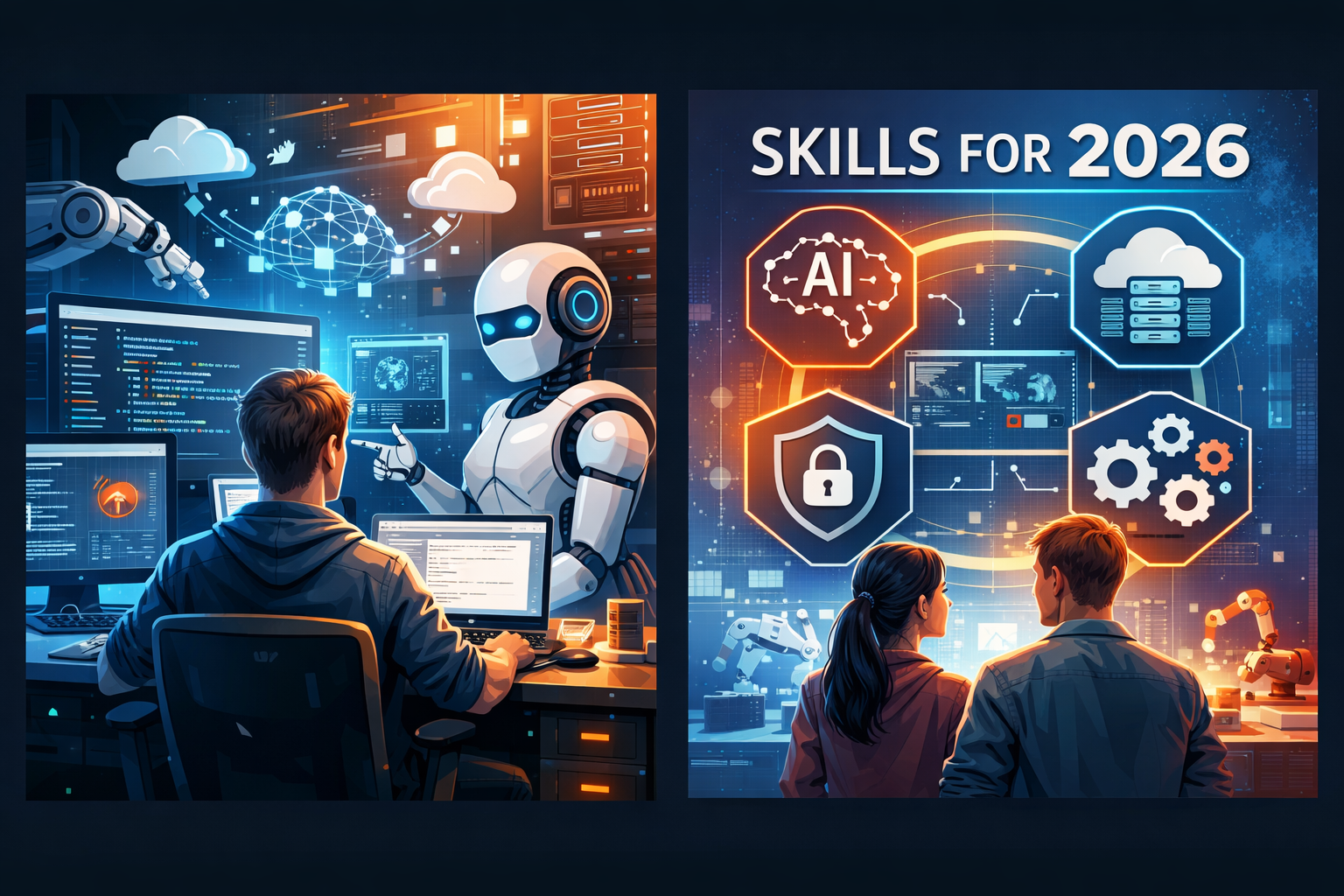The Effectiveness of Online Learning Without Instructors
The jury is still out on the effectiveness of online learning

In the rapidly evolving landscape of education and professional development, digital online training has emerged as a popular solution due to its convenience and accessibility. However, when these programs are delivered without the guidance of an instructor, their effectiveness is significantly diminished. Despite the initial appeal, research indicates that such self-directed learning methods often fall short in several critical areas.
One of the primary drawbacks of instructor-less online training is the lack of personalized feedback and support. Studies have shown that learners benefit significantly from real-time interaction with instructors who can clarify concepts, provide context, and offer encouragement. For instance, a study published in the Journal of Educational Psychology found that students who received immediate feedback from instructors performed better and were more engaged compared to those who relied solely on automated feedback systems .
Moreover, motivation and engagement are substantial challenges in self-paced online learning environments. According to research by the National Center for Education Statistics (NCES), the completion rates for online courses without instructor involvement are alarmingly low. The study highlights that only around 40% of students complete these courses, compared to 70% in instructor-led online settings. This disparity can be attributed to the lack of accountability and the isolating nature of self-directed online learning, which can lead to decreased motivation and higher dropout rates.
Cognitive overload is another significant issue. Without an instructor to guide the learning process, students are often left to navigate complex materials on their own. This can lead to information overload, where the sheer volume of content overwhelms learners, hindering their ability to retain and apply knowledge effectively. A review in the Journal of Computer Assisted Learning found that instructor-led training sessions helped mitigate cognitive overload by breaking down information into manageable chunks and providing necessary context, which enhanced understanding and retention.
Furthermore, the absence of an instructor diminishes opportunities for collaborative learning and peer interaction, which are critical components of effective education. Interaction with peers and instructors fosters a deeper understanding of the material through discussion, debate, and shared perspectives. The American Journal of Distance Education reports that courses with active instructor involvement encourage more peer-to-peer interaction and collaborative activities, leading to better learning outcomes.
In conclusion, while digital online training without instructors may offer flexibility and convenience, the evidence suggests it is often less effective than its instructor-led counterpart. Personalized feedback, sustained motivation, cognitive support, and collaborative opportunities are essential elements of successful learning that are largely absent in self-directed online courses. For those seeking meaningful and lasting educational experiences, the involvement of a skilled instructor remains indispensable.










